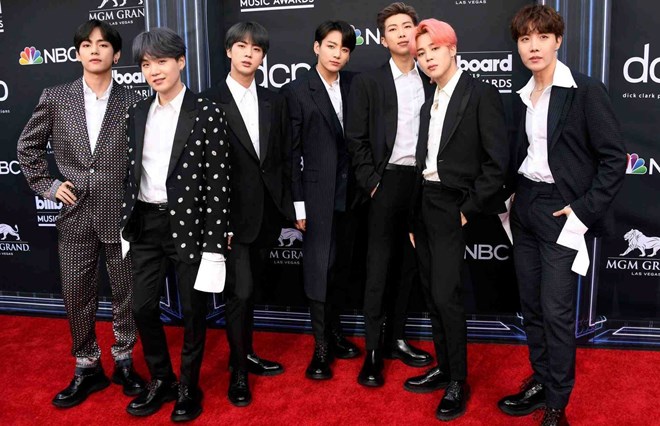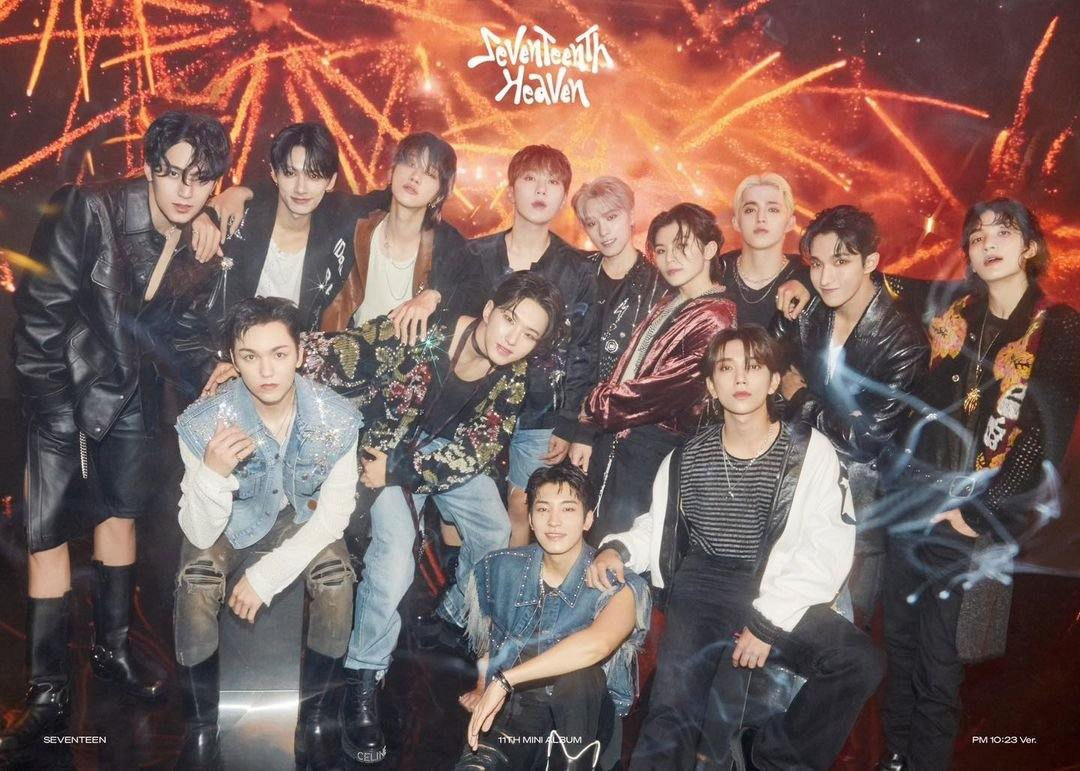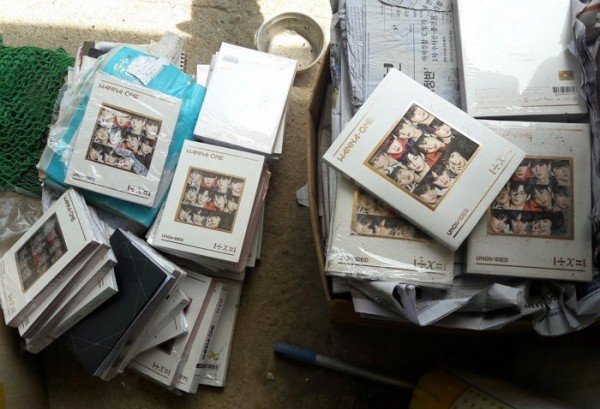Album sales of Kpop idols are increasing rapidly. Groups like BTS and Seventeen have reached the number of more than 2 million albums sold after each comeback. This has the consequence that the amount of Kpop plastic waste increased 14 times compared to 2017.

BTS, Seventeen, TXT always reach the million-copy sales mark after each comeback. Photo: HYBE.
Currently, the Kpop industry has become widely popular globally, leading to a significant increase in demand for album sales. BTS and many other famous Kpop artists have sold millions of albums worldwide, demonstrating their great appeal in the international music community.
Some music groups that have reached the million-copy mark include: Seventeen sold more than 3.7 million copies of the album “FML” on the first day of release, BTS sold more than 2.6 million copies of the album “Map of the soul: 7” or the group TXT with more than 1.8 million copies of the album “The name chapter: Temptation” sold.

Seventeen just broke a record when reaching 5.2 million pre-ordered album copies. Photo: Pledis.
However, the increasing number of albums sold also leads to plastic waste becoming a difficult problem facing the Kpop entertainment industry. Many albums, special and limited editions are mass produced to stimulate consumer purchasing power.
Many entertainment companies grasp the psychology of fans wanting to own photos of their favorite members. So they often release albums with randomly assigned cards with pictures of the group members printed on many different versions of the album. Comes with physical products such as posters, album covers and many other accompanying items.
Typically, when Stray Kids released the album “5-Star”, the group released a total of 12 versions, including 3 regular versions, a limited edition and 8 Digipack versions. This leads to massive consumption and generation of huge amounts of plastic waste from the production and packaging of these products.
Besides, there are also many cases where fans buy a series of albums to increase sales for their idols, not for the purpose of listening to music. According to the “2022 Music Industry White Paper” of the Korea Creative Content Agency, only 11.7% of consumers actually listen to music with purchased albums.
According to statistics from the Ministry of Environment, the amount of plastic used by domestic companies subject to waste tax has steadily increased from 55.8 tons in 2017 and increased to 801.5 tons in 2022. Business Review album sales, it is estimated that more plastic is actually used than the Ministry of the Environment figures.
In Circle Chart album chart data, albums sold last year amounted to 74,195,554 million copies. A CD weighs 18.8g, so the plastic used in CDs alone is 1,394.9 tons.
According to BTS’s management company alone, the plastic that HYBE used last year amounted to 894.6 tons of plastic to produce and package products. Meanwhile, the Ministry of Environment has not yet prepared any countermeasures against the rapidly growing “K-pop plastic”.

A large number of albums were thrown away by fans. Photo: X.
Facing concerns about environmental issues, many artists and management companies also take measures to minimize negative impacts, including using recycled materials and producing albums without using plastic.
Typically, JYP entertainment company announced in 2002 that it was preparing a plan to release albums in digital form, which could completely replace physical albums made of plastic. HYBE also tries to reduce plastic material when producing albums and applies this to the solo album “Jack in the box” by J-Hope (BTS).
However, the announcements and actions of entertainment companies are considered by fans to be “half-hearted” when up to now the artists under JYP still produce physical albums and release many versions as usual. .
HYBE Group’s measures only apply to J-Hope’s albums, other HYBE artists remain unchanged. It can be seen that companies have not yet made any real moves in protecting the environment.





